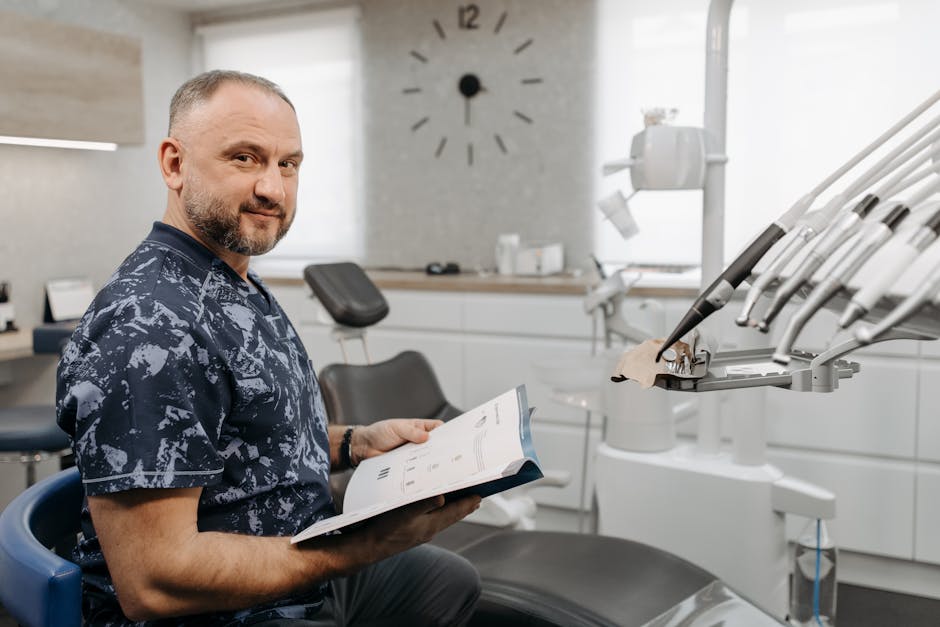Understanding Prostate Cancer Risk and the Importance of Early Detection
Prostate cancer is a significant health concern for men, and early detection is crucial for successful treatment and improved outcomes. Knowing when to begin regular prostate exams is a vital step in proactive healthcare. This comprehensive guide will explore the recommended age for prostate exams, the different types of exams, risk factors, and what to expect during the procedure.

What is a Prostate Exam?
A prostate exam is a medical procedure used to assess the health of the prostate gland, a walnut-sized gland located below the bladder in men. The exam helps detect abnormalities, such as prostate cancer, benign prostatic hyperplasia (BPH), or other prostate-related conditions. There are two main types of prostate exams:
Digital Rectal Exam (DRE)
The DRE is a physical examination where a doctor inserts a gloved and lubricated finger into the rectum to feel the prostate gland. This allows the doctor to assess the size, shape, and consistency of the prostate. Any abnormalities, such as lumps or hardness, can be detected.
Prostate-Specific Antigen (PSA) Test
The PSA test measures the level of prostate-specific antigen in the blood. PSA is a protein produced by the prostate gland. Elevated PSA levels can indicate prostate cancer or other prostate conditions, but it’s important to note that a high PSA level doesn’t always mean cancer. Further investigations may be needed to confirm a diagnosis.

At What Age Should Men Start Getting Prostate Exams?
There’s no single definitive answer to the question of when men should start getting prostate exams. Recommendations vary based on individual risk factors and personal preferences, in consultation with a healthcare professional. However, current guidelines often suggest different approaches:
Discussions with Your Doctor: The Importance of Personalized Advice
The most crucial aspect of prostate exam scheduling isn’t a specific age, but rather an ongoing dialogue with your physician. Your doctor will consider your family history, ethnicity, and overall health to determine the most appropriate screening plan. This personalized approach accounts for variations in risk.
General Guidelines and Considerations:
- Age 50 for average-risk men: Many healthcare providers recommend that men with an average risk of prostate cancer begin discussing regular prostate screenings with their doctor around age 50.
- Age 45 for men with a family history: Men with a family history of prostate cancer, particularly a father or brother who was diagnosed at a younger age, are considered to be at higher risk and may benefit from starting screenings earlier, around age 45.
- Age 40 for men with a high-risk family history or African American ethnicity: Men with a strong family history of prostate cancer or those of African American descent, who are statistically at higher risk, might be advised to begin screenings even earlier, possibly around age 40.
Understanding the Pros and Cons of Prostate Cancer Screening
Prostate cancer screening, while potentially life-saving, also carries potential drawbacks. It’s crucial to weigh the benefits and risks before making a decision:
Benefits of Screening:
- Early detection: Early detection of prostate cancer increases the chances of successful treatment and improved survival rates.
- Treatment options: Early detection allows for a wider range of treatment options, potentially minimizing side effects.
Potential Drawbacks of Screening:
- False positives: PSA tests can sometimes produce false positive results, leading to unnecessary anxiety, further testing, and even potentially invasive procedures like biopsies.
- Overdiagnosis and overtreatment: Some prostate cancers are slow-growing and may not cause any significant health problems during a man’s lifetime. Screening may lead to the diagnosis and treatment of these slow-growing cancers, which may not have otherwise caused any harm.
- Side effects of treatment: Treatments for prostate cancer, such as surgery or radiation therapy, can have significant side effects, including incontinence and erectile dysfunction.
Preparing for a Prostate Exam
Preparing for a prostate exam is relatively straightforward. For a DRE, you may be asked to empty your bladder beforehand. No special preparation is typically needed for a PSA test.
What to Expect During a Prostate Exam
A DRE is a brief procedure that may cause some discomfort, but it’s generally not painful. The PSA test involves a simple blood draw. Your doctor will explain the results and discuss any necessary follow-up steps.
Conclusion: The Importance of Open Communication with Your Doctor
The decision of when to begin prostate cancer screening is a personal one, made in close consultation with your doctor. Open communication about your family history, ethnicity, and concerns is essential to developing a personalized screening plan that balances the risks and benefits. Remember, early detection is key to successful treatment, and regular check-ups are a crucial part of maintaining your overall health.


